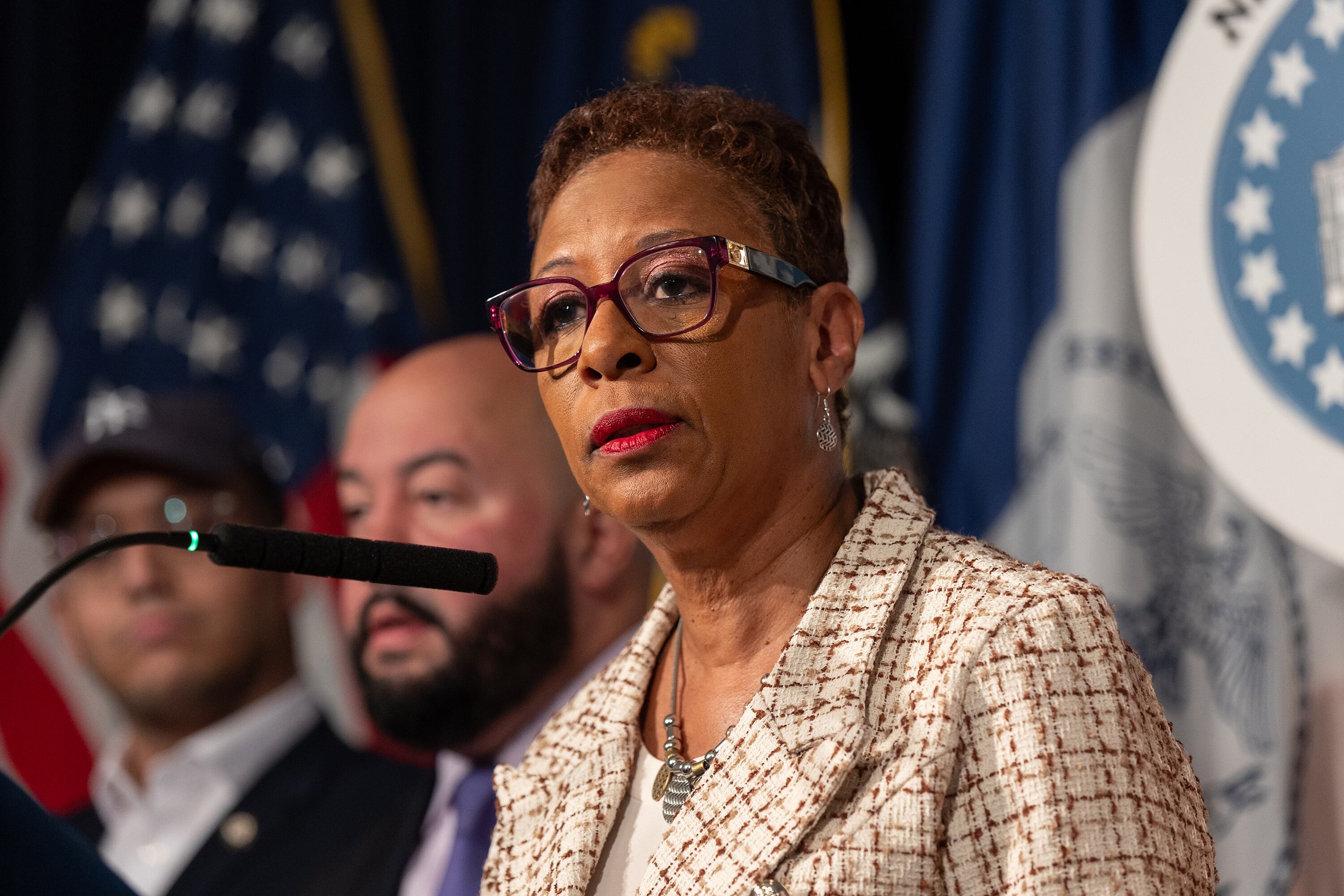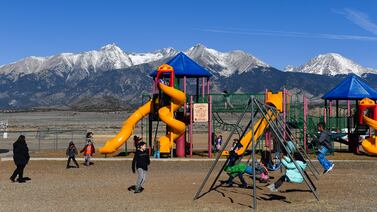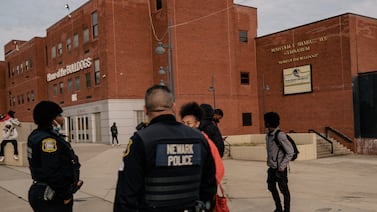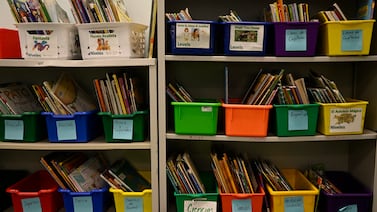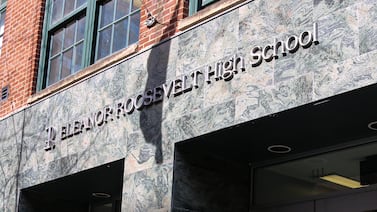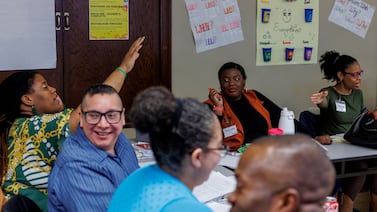Sign up for Chalkbeat New York’s free daily newsletter to keep up with NYC’s public schools.
To help address the city’s ongoing youth mental health crisis, New York City Council members are looking to expand student support groups and tap peer-to-peer connections.
Council Speaker Adrienne Adams will announce three new proposals during her State of the City address on Wednesday, directing the city to increase support for peer mental health programs in schools.
The proposals come as recent years have seen an uptick in students grappling with severe mental health challenges, both locally and across the country. For many students, the pandemic upended day-to-day life, isolating them from their peers, and in many cases causing financial or personal loss within their families. Educators have continued to report lingering behavioral concerns years after students returned to the classroom.
The share of New York City students who reported suicidal ideation had jumped to nearly 16% in 2021, while about 9% of local high school students reported they had attempted suicide that year. That was up from about 12% a decade prior.
If enacted, the new proposals would require the city’s Department of Health and Mental Hygiene to work with community-based organizations to develop a toolkit for those seeking to start clubs that promote student mental health, while also mandating the city to develop and offer peer-to-peer mental health training for public schools and students, according to a spokesperson for Adams.
The proposals would also create a pilot program for social work students from CUNY programs to support mental health clubs in schools that need professional or clinical supervision.
Peer-to-peer support models have gained traction at schools both locally and nationwide. Mental health clubs and other peer support programs can help raise awareness of mental health issues at school, while reducing stigma around seeking help, advocates and experts have said.
City and state officials have tried for years to address mental health concerns. In 2023, the city launched a free virtual therapy program for teenagers ages 13-17, and in February, it joined the hundreds of other municipalities and school systems that have filed lawsuits against major social media companies, alleging their practices have fueled the nation’s youth mental health crisis.
City Council members are also considering a bill that would require the city’s Education Department to warn middle and high school students about the dangers of social media each school year.
Still, despite these efforts, the city’s schools could lose hundreds of social workers when federal relief funds dry up later this year.
At a town hall in District 28 in Queens on Monday, schools Chancellor David Banks pointed to mental health as one of the key issues facing students across the five boroughs.
“Our kids went through a lot during the pandemic,” he said. “As they have re-entered school and tried to find a sense of normalcy… It has been a harder transition for some kids than others, and we are constantly faced with those challenges.”
Meanwhile, in Albany, Gov. Kathy Hochul has referred to mental health as “the defining challenge of our time.” Earlier this year, Hochul proposed expanding state funding for youth-driven peer support programs in schools, among other mental health policy initiatives.
In a statement Tuesday, a spokesperson for the city’s Health Department said “the city has made mental health a priority” and the department looked forward to “future discussions about how to continue improving care in the city.”
Officials from the city’s Education Department did not immediately return a request for comment on the proposals.
Julian Shen-Berro is a reporter covering New York City. Contact him at jshen-berro@chalkbeat.org.


